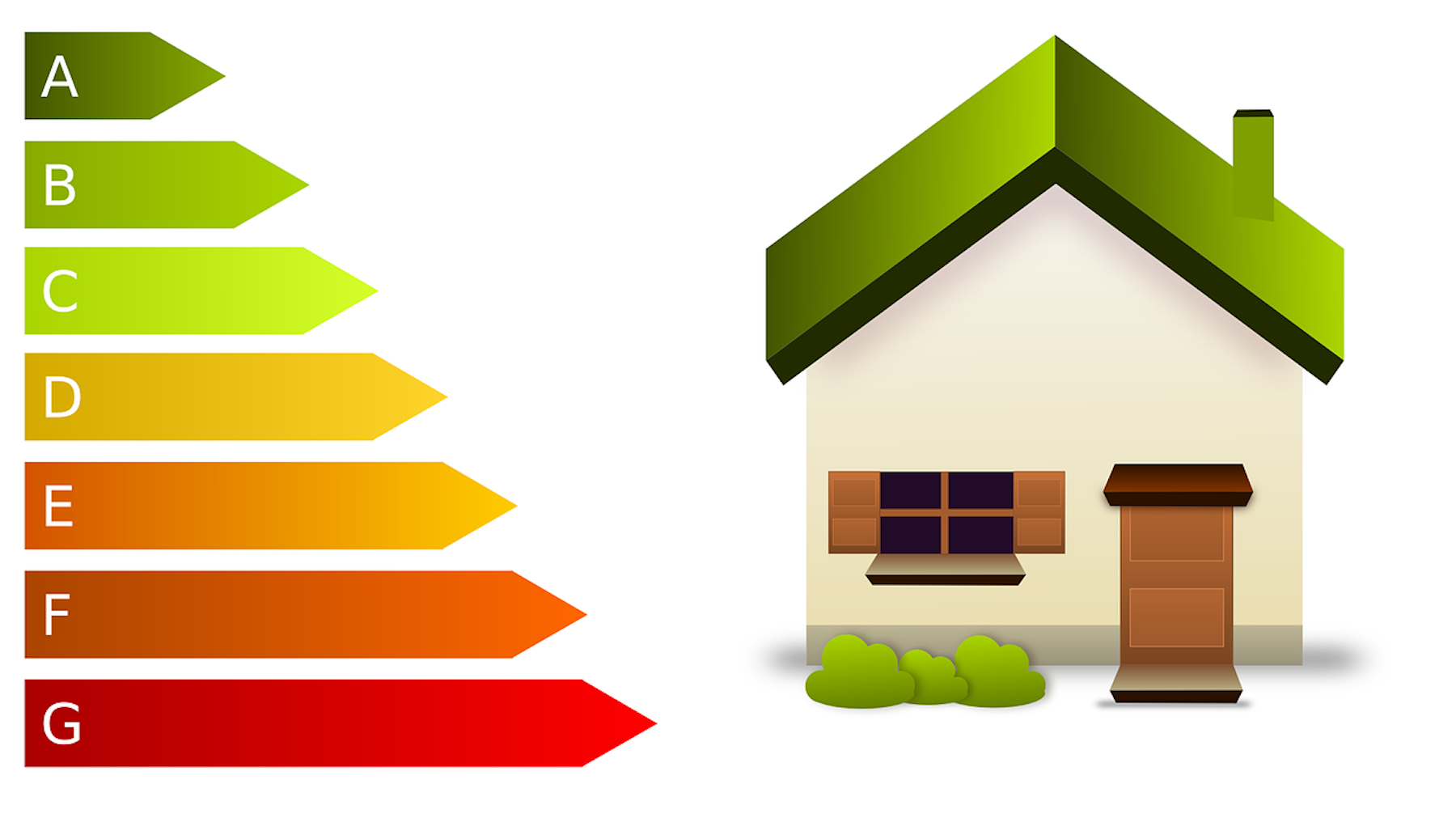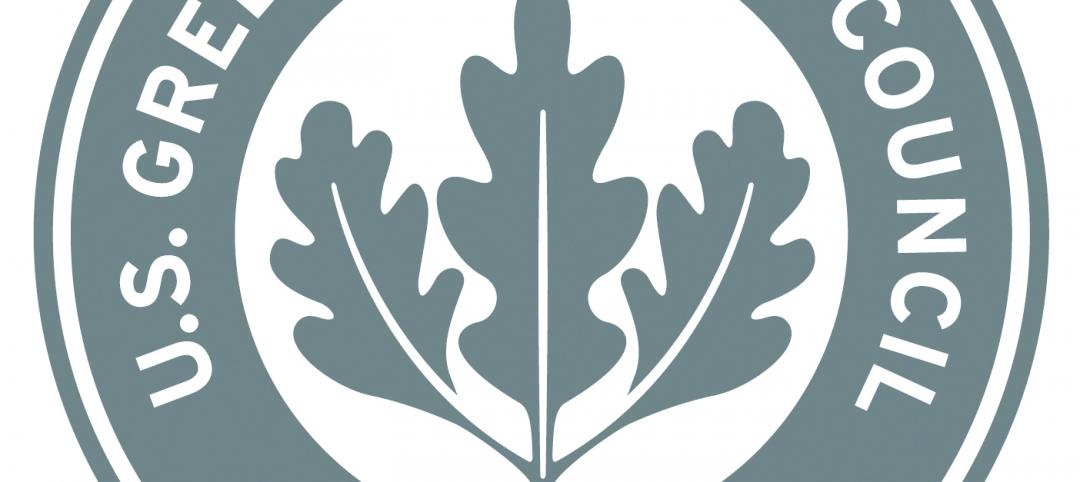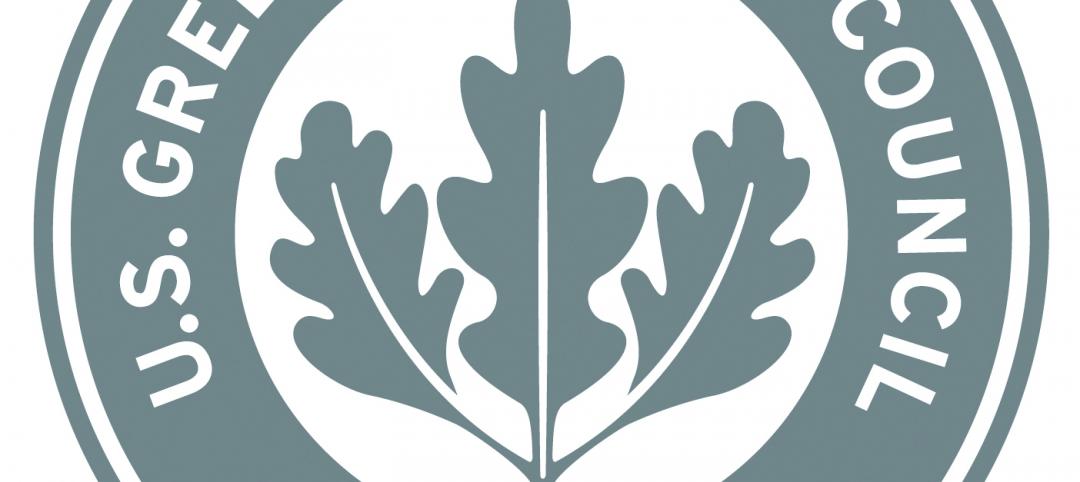The U.S. Green Building Council recently published a report containing principles outlining how LEED will evolve.
The chief concern is how to scale up decarbonization in the building industry to have the greatest impact on the climate crisis. Recognizing that the challenge is global, USGBC says: “We will increase the impact of LEED by making compliance simple, intuitive, and barrier-free. We will provide streamlined tools and pathways for more buildings, portfolios, cities, and communities to engage. We will leverage ESG reporting frameworks, performance standards and local regulation to drive, recognize, and reward continuous performance tracking.”
Other guiding principles include:
- Inspire and recognize adaptive and resilient built environments.
- Invest in human health and well-being.
- Create environments in which diversity, equity, and inclusivity thrive.
- Support flourishing ecosystems through regenerative development practices.
- Establish that buildings designed and constructed to LEED standards must also be operated to LEED standards.
Other points of emphasis will be to improve indoor air quality, address foundational mental and physical health needs, support resilient and people-oriented site design, promote use of green building products, focus on the impacts of climate change on health, and address the health risks associated with construction and worker safety.
Related Stories
| Mar 8, 2012
Federal silica dust rule caught in bureaucratic limbo
A federal rule meant to protect the lungs of workers has been caught in bureaucratic purgatory for more than a year.
| Mar 8, 2012
New LEED-EBOM rating has requirements for specific project types
Several key changes are proposed for the LEED-EBOM Rating System in 2012.
| Mar 8, 2012
Green buildings more resilient than conventionally built structures
A new study by the U.S. Green Building Council (USGBC) and the University of Michigan’s Taubman College of Architecture and Urban Planning suggests that structures built to green standards can advance building resiliency.
| Mar 1, 2012
LEED Platinum standard likely to mean net-zero energy by 2018
As LEED standards continue to rise, the top level, LEED Platinum, will likely mean net-zero energy construction by 2018.
| Mar 1, 2012
EPA beefs up stormwater discharge rule from construction projects
The U.S. Environmental Protection Agency (EPA) has now finalized its 2012 construction general permit (CGP) that authorizes stormwater discharges from construction projects that disturb one or more acres of land in the areas where EPA is the permitting authority.
| Mar 1, 2012
Regulators investigate structural failures during construction of two Ohio casinos
Regulators with the Occupational Safety & Health Administration and the city of Cincinnati are investigatingthe collapse of the second floor of Cincinnati's Horseshoe Casino as workers were pouring concrete.
| Mar 1, 2012
Is your project too small for LEED? Consider other green standards
There are many other recognized national, state and local programs that offer a variety of best management practices and sustainable design, construction and operating strategies.
| Mar 1, 2012
California bill aims to cut costs for commercial building energy retrofits
A bill in the California Assembly would allow the state to pool together property owners’ energy-retrofit loans.
| Feb 29, 2012
Carvalho appointed Shawmut Safety Director
He has been a driving force behind multiple safety-orientated initiatives at Shawmut, including Safety Week, the creation of an online safety manual, and the implementation of a new safety reporting and tracking system.
















